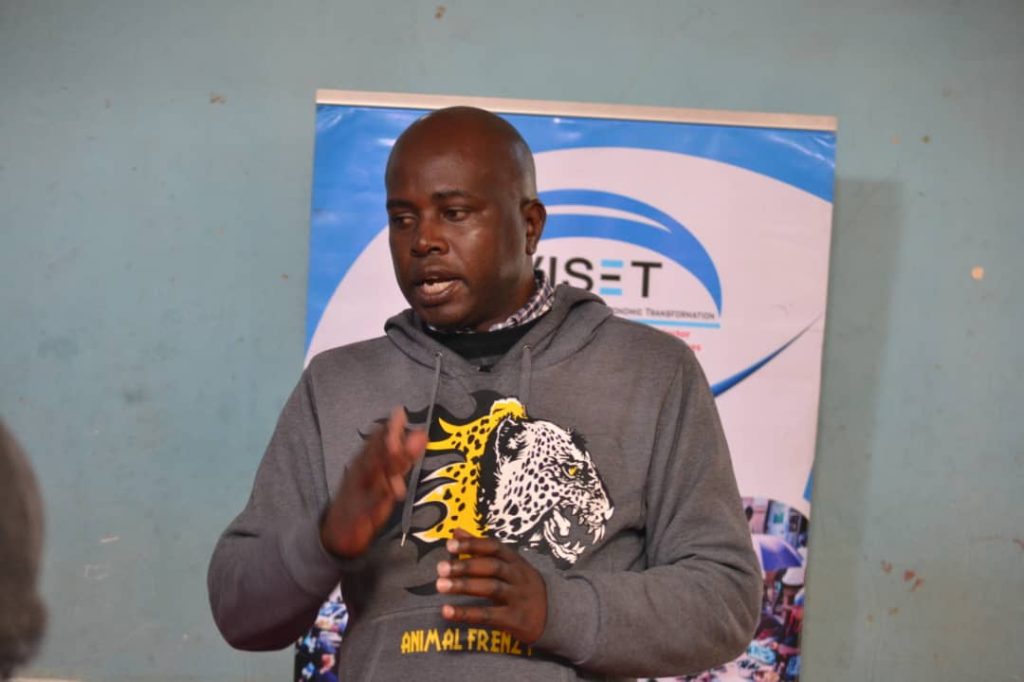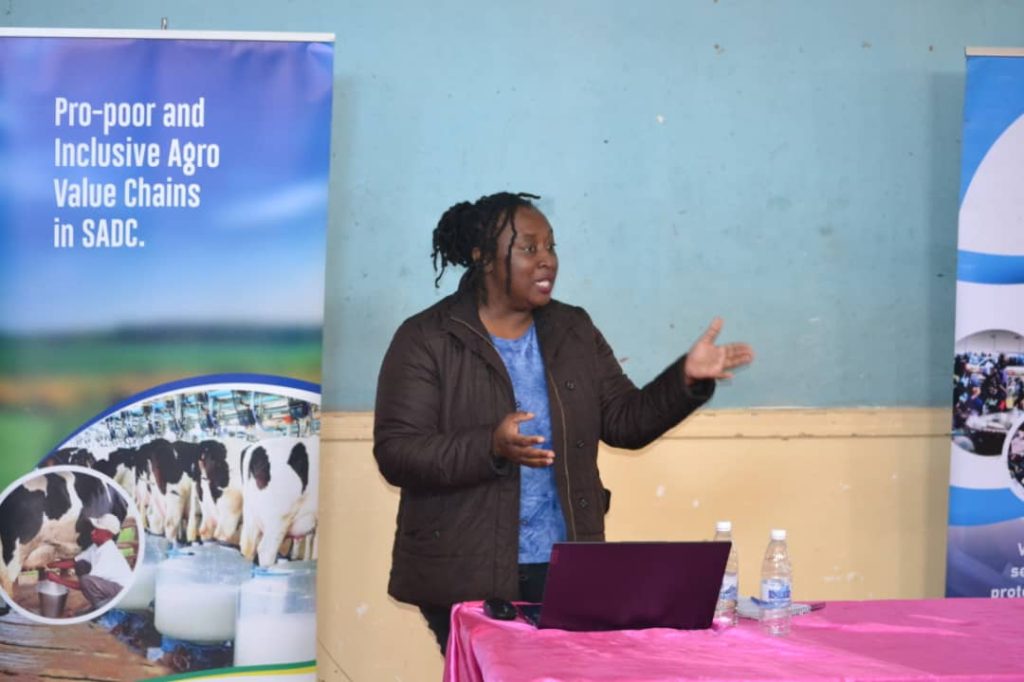By Fanuel Chinowaita


MUTARE , 13 July 2025 – The Vendors Initiative for Social and Economic Transformation (VISET) last week held a two-day Public Finance Management (PFM) training in Mutare, bringing together city officials, councillors, informal traders and residents to promote transparency, inclusive budgeting, and accountability in health service delivery.
The workshop, held on 8–9 July 2025, was part of VISET’s expanded Local Accountability and Citizen Engagement (LACE) project.
Facilitated by the Labour and Economic Development Research Institute of Zimbabwe (LEDRIZ), the program introduced participatory governance concepts, focusing on the inclusion of informal traders in shaping local government budgets and legislation.
VISET Manicaland Coordinator David Mutambirwa said the PFM teach-in was a strategic initiative to build the capacity of both citizens and duty bearers.
“This training is not just about sharing knowledge,” said Mutambirwa. “It is about empowering informal traders, residents and councillors to actively participate in policy processes, especially the ongoing by-law reform and budgeting frameworks within the City of Mutare.”
On the first day, VISET engaged with City of Mutare officials, elected councillors and representatives from the Ministry of Youth and SMEs. The second day focused on informal traders, civil society organizations, media, and residents’ associations. The program explored key issues such as health budgeting, taxation, expenditure tracking, and community engagement in public finance oversight.
Speaking during the workshop, VISET Official Jabulani Chikomwe emphasized that the organisation, established in 2015, exists to champion the rights of informal traders who make up the bulk of Zimbabwe’s working population.
“According to the 2024 ZIMSTAT Labour Force Survey, 85.5% of Zimbabweans are employed in the informal sector, yet their voices remain excluded from budget processes,” said Chikomwe. “We want a situation where councils consult vendors, not harass them. The informal sector must be at the centre of local economic planning.”
LEDRIZ’s Emmaculate Tracy Moyo delivered a presentation on the fundamentals of PFM and its significance in local governance.
“Public Finance Management is about how councils collect revenue, allocate funds, and account for their expenditure,” Moyo said. “Without transparency and citizen oversight, public money can easily be misused or diverted.”
Moyo noted that the 2022 Auditor-General’s report highlighted serious issues within Mutare City Council, including poor financial reporting, lack of internal controls, and the unregistered status of Gimboki Clinic. “There are documented cases where companies were paid over US$300,000 without delivering services,” she said. “Communities must demand explanations.”
Another facilitator, Nyaraiwo Gutuza, presented on taxation in the informal economy. She said local authorities have the constitutional mandate to collect revenue through trading licenses, hawker permits, and market fees but must also deliver services in return.
“Informal traders often see taxation as punitive because they are not getting value,” Gutuza said. “You cannot keep collecting money from people operating in broken, unsanitary environments without toilets or sheds. Tax compliance must come with accountability.”
Traders and residents echoed similar sentiments during the session. “Council officials collect money from us daily, but our vending areas are still in a sorry state,” said one vendor. “We need affordable tables, proper shelters, and clean toilets.”
Another resident raised concern about the condition of council clinics, particularly the lack of medicines. “We pay US$6 for a card, but most of the drugs we buy ourselves,” the resident said. “Worse still, they refer us to specific pharmacies like Hilltop in Sakubva. We suspect they are working with those pharmacies unlawfully.”
Participants called for stronger oversight on how council clinics operate and how funds are used. They urged the City of Mutare to engage citizens meaningfully in its budgeting process and provide timely public access to audit and expenditure reports.
LEDRIZ emphasized that good PFM leads to improved health services, education, infrastructure and public trust. “When communities understand how public money works, they are better placed to demand quality services and transparency,” said Moyo.
The teach-in concluded with a commitment to sustained citizen–duty bearer engagement. VISET pledged to continue mobilizing informal traders and residents to participate in future consultations and policy reviews.
“We are not stopping here,” said Chikomwe. “We will continue following up with council to ensure that what was raised by vendors is addressed.”
The training also established a stakeholder database and provided tools for social audits, participatory budgeting, and advocacy. A final report with recommendations will be shared with the City of Mutare as part of VISET’s accountability framework.
The LACE project, currently active in several cities including Beitbridge and Harare, aims to transform local governance by equipping citizens with knowledge and power to hold public officials accountable.
